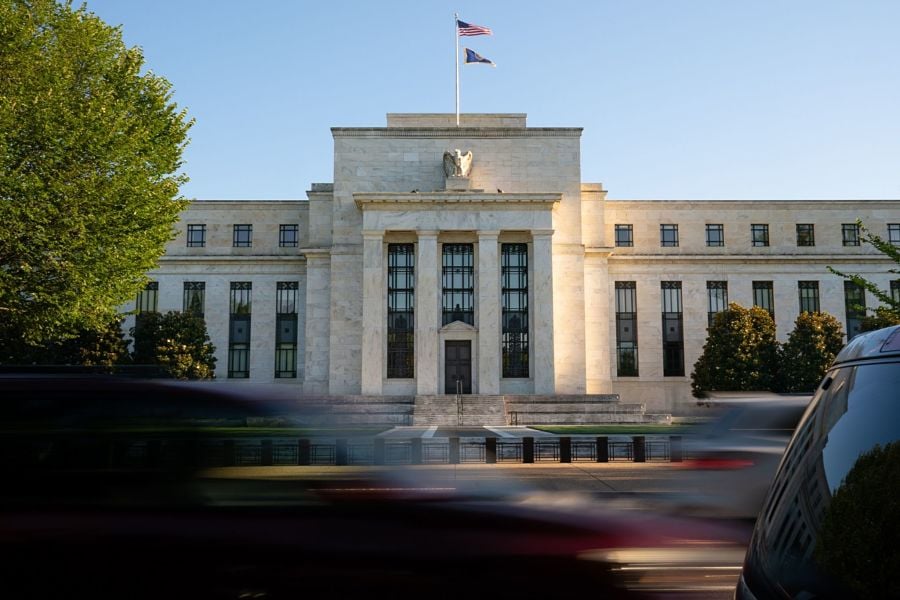

The combination of strong US growth and sticky inflation is raising the odds that the Federal Reserve hikes rather than cuts interest rates, bringing borrowing costs to as high as 6.5 percent next year, according to UBS Group strategists.
While the bank’s base case is for two rate cuts this year, UBS now sees a growing possibility that inflation fails to decline to the Fed’s target, spurring a pivot back to rate hikes and sparking a deep sell-off in bonds and stocks. Markets have already scaled back bets on policy easing as recent US data have shown surprising strength in the world’s biggest economy.
“If the expansion remains resilient and inflation gets stuck at 2.5 percent or higher, there would be real risk the FOMC resumes raising rates again by early next year, reaching 6.5 percent fed funds by mid-next year,” UBS strategists including Jonathan Pingle and Bhanu Baweja said in a note.
The call shows how major banks are coming to terms with the possibility that the most aggressive hiking cycle since the 1980s — which has boosted the Fed’s rate to 5.5 percent — might not be over just yet. UBS has already tempered an aggressive view for 275 basis points of US cuts this year, to now forecast just 50 basis points.
Its so-called “no landing scenario” of more rate hikes would prompt a sharp flattening of the US Treasury curve as benchmark yields move “meaningfully higher,” as well as a 10 percent to 15 percent slide in equities, the strategists projected.
The call followed stronger-than-expected US inflation data last week, and came ahead of US retail sales Monday that also topped estimates. That’s made for a string of hot data points, fanning concerns that inflation is becoming entrenched. Traders have drastically pared bets on Fed easing to price in 41 basis points by December, down from 150 basis points at the start of the year.
“Investors are in the early stages of worrying about an economy that may be running too hot,” the UBS strategists said. “In a high inflation scenario, we would expect both government bonds to sell off and credit spreads to widen, making for a big catch down in multiples.”

Integrated Partners is adding a mother-son tandem to its network in Missouri as Kestra onboards a father-son advisor duo from UBS.

Futures indicate stocks will build on Tuesday's rally.

Cost of living still tops concerns about negative impacts on personal finances

Financial advisors remain vital allies even as DIY investing grows

A trade deal would mean significant cut in tariffs but 'it wont be zero'.
RIAs face rising regulatory pressure in 2025. Forward-looking firms are responding with embedded technology, not more paperwork.
As inheritances are set to reshape client portfolios and next-gen heirs demand digital-first experiences, firms are retooling their wealth tech stacks and succession models in real time.
